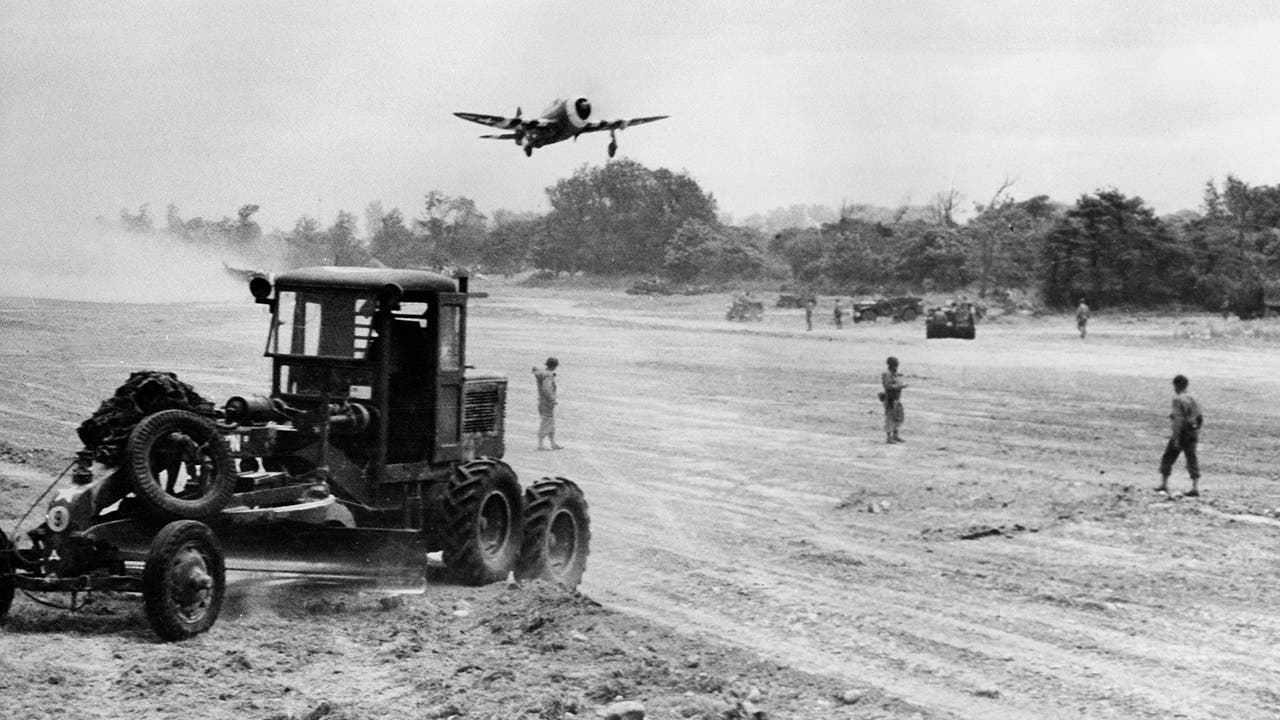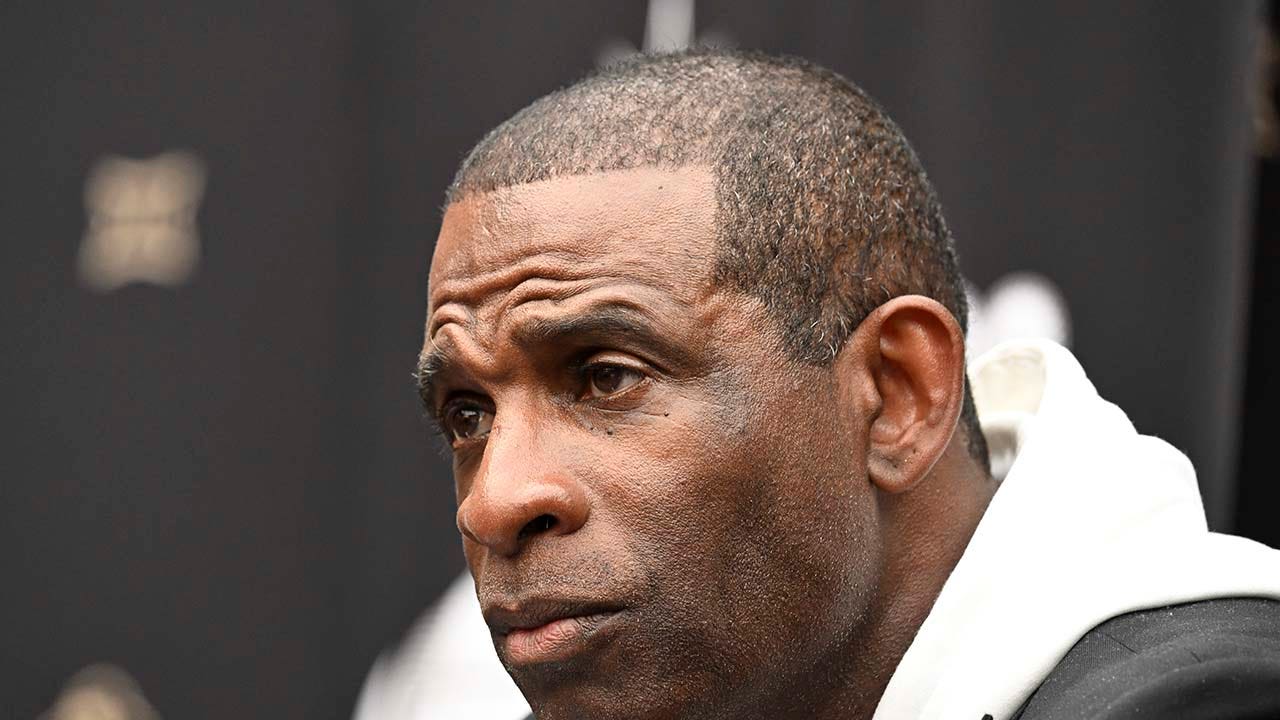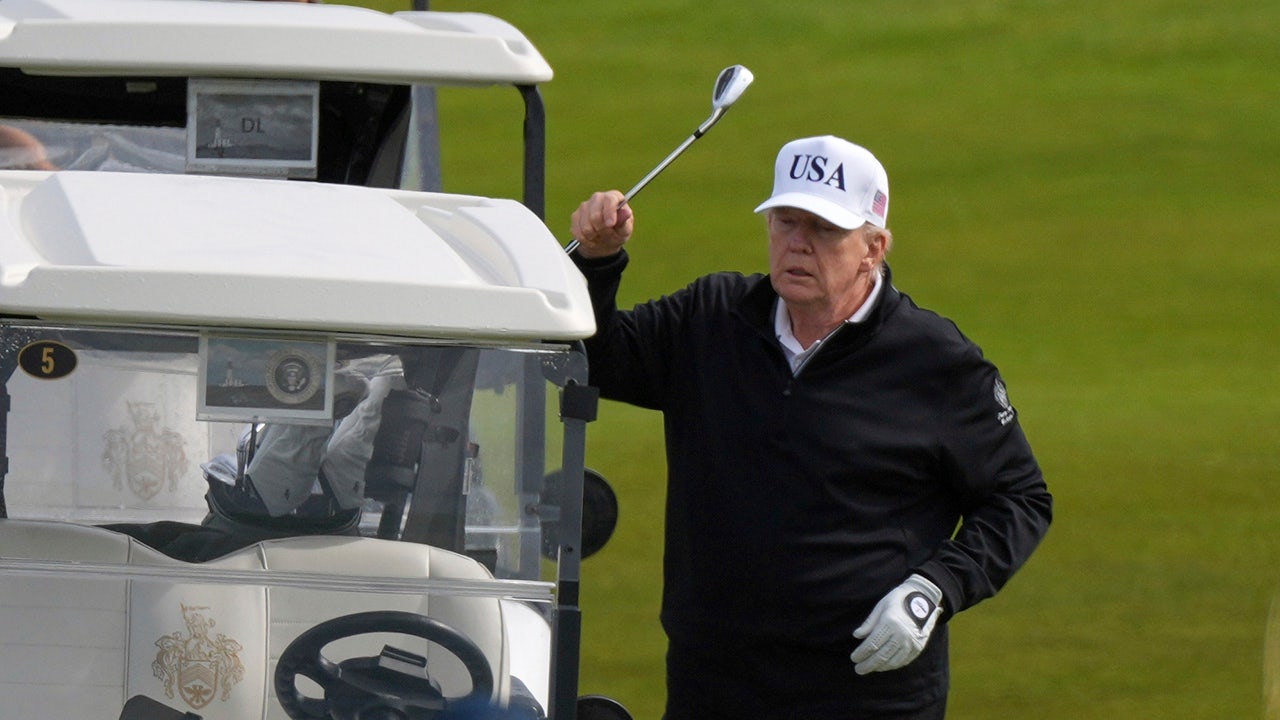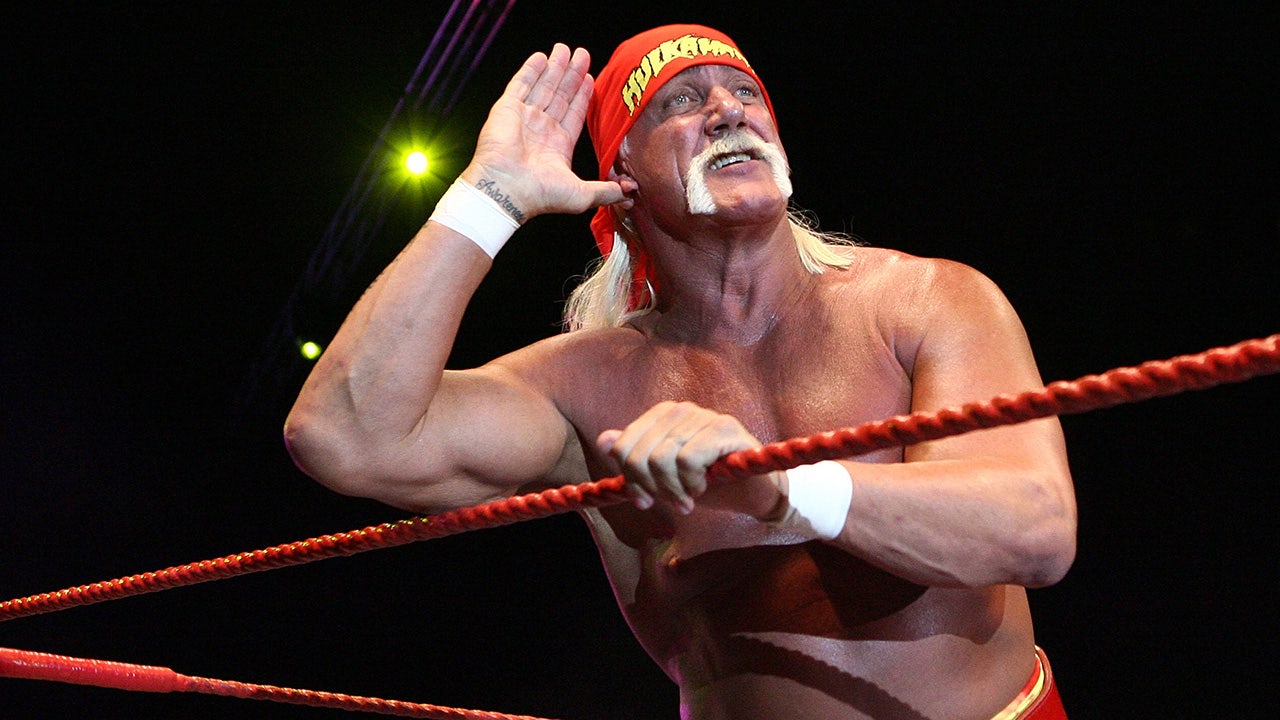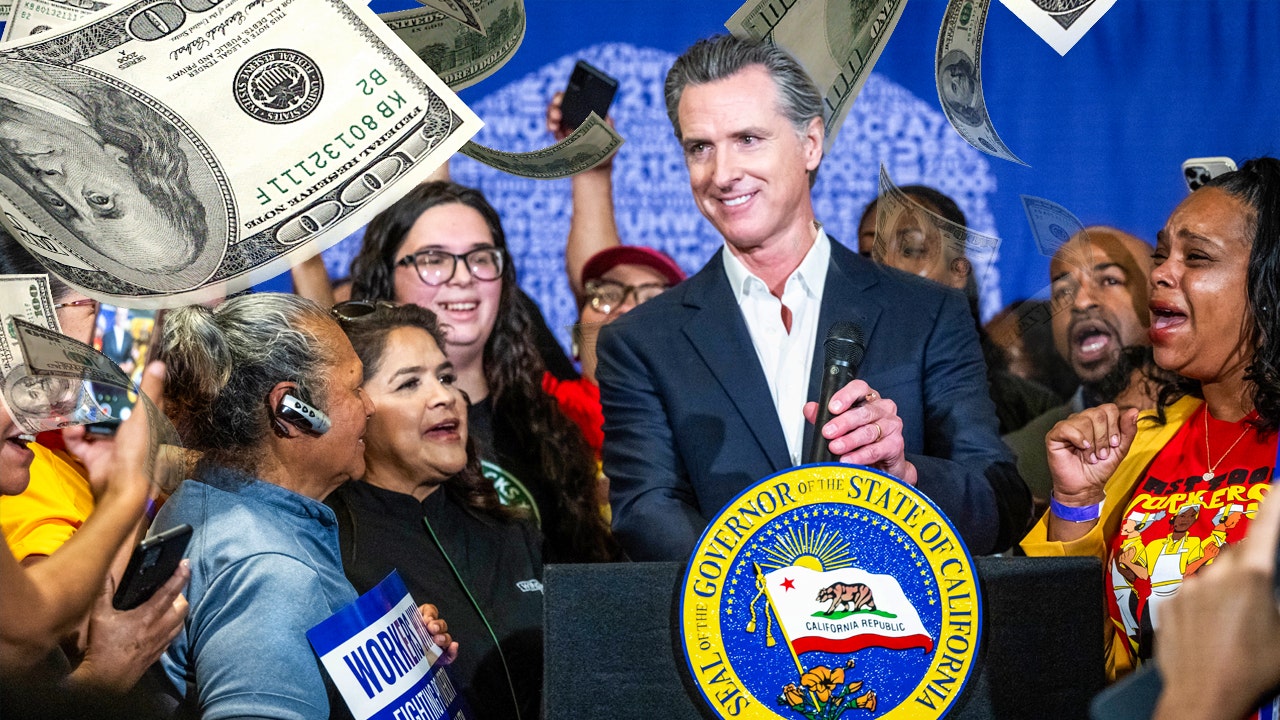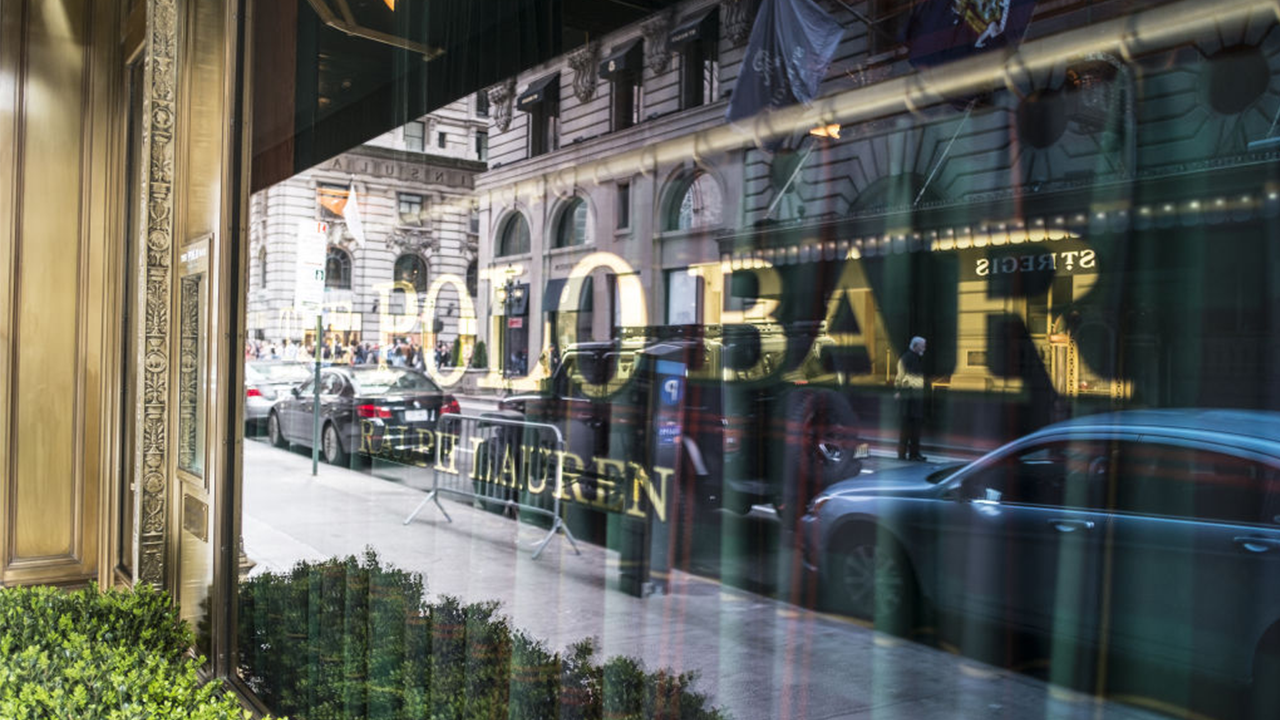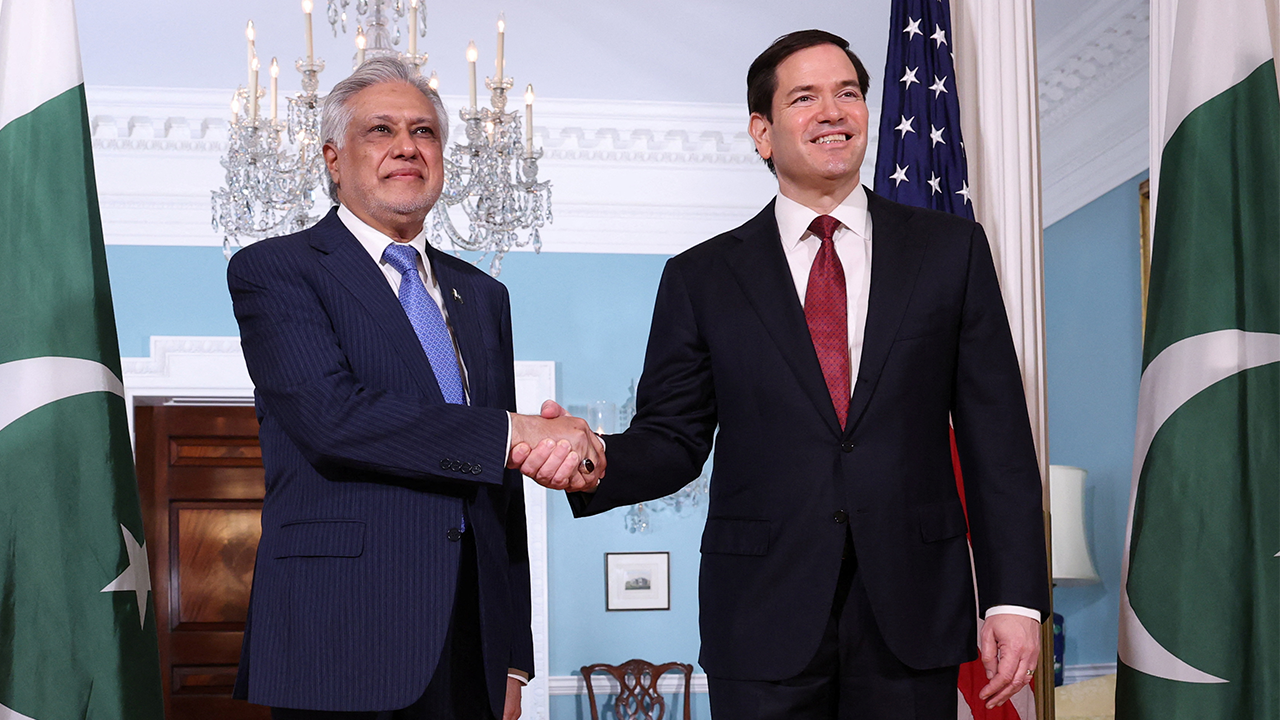World Wrestling Entertainment (WWE) Hall of Famer Hulk Hogan turned his various business ventures into a powerful engine of wealth before his death.
Hogan earned substantial income not only from his time with WWE and World Championship Wrestling, but also through real estate investments, endorsements and his lines of apparel, collectibles and wrestling-themed souvenirs.
He also had a career in television and film, including a role in “Rocky III” and starring in his VH1 reality series, “Hogan Knows Best.”
He was credited with creating a significant brand for himself that not only far outlived his wrestling days, but continued until his death this week. Hogan died of a medical emergency at his Florida home Thursday.
HULK HOGAN IS ‘WOVEN INTO THE FABRIC OF AMERICANA,’ PRO WRESTLING STAR ARON STEVENS SAYS
In 2024, he jumped into the beverage game, co-founding his own beer brand, Real American Beer, which he described as a premium American-style light lager. The product made its way onto shelves at major retailers like Walmart and Albertsons.
| Ticker | Security | Last | Change | Change % |
|---|---|---|---|---|
| WMT | WALMART INC. | 97.49 | +0.86 | +0.89% |
| ACI | ALBERTSONS COMPANIES | 20.00 | -0.39 | -1.91% |
In May, he announced his latest sports venture while appearing on “Fox & Friends.” Hogan, alongside long-time friend and business partner Eric Bischoff, had been promoting the launch of their new freestyle wrestling organization, Real American Freestyle.
Marketing experts agree that Hogan, born Terry Gene Bollea, treated his wrestling persona as a form of intellectual property, strategically building a personal brand that extended well beyond his in-ring career. According to brand strategist Laura Burkemper, that personal brand evolved into a lasting business asset.
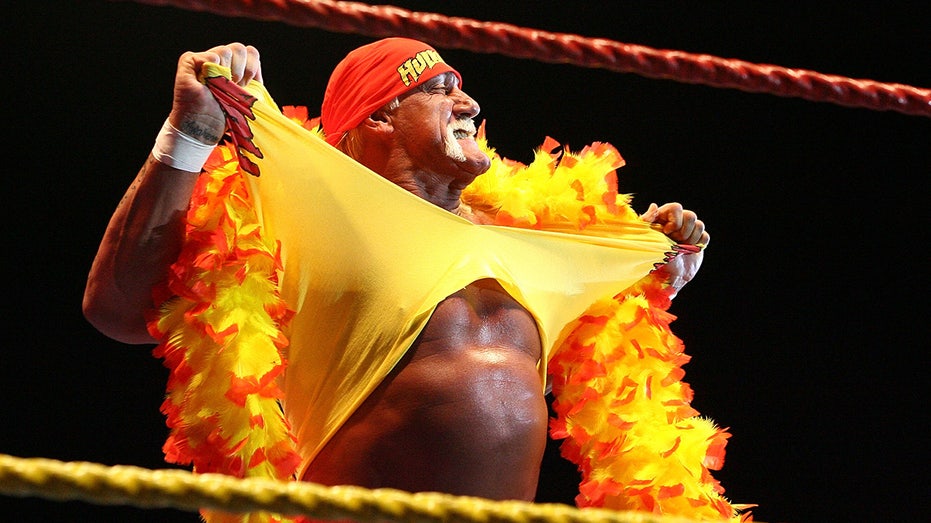
“With his iconic look and catchphrases, Hogan built a brand designed for licensing, not just the ring. From video games to restaurants and reality TV, he extended his brand through smart partnerships while staying true to his core persona,” Burkemper said. “Hogan didn’t change who he was. He commercialized it. That’s the power of a personal brand built to last.”
Aaron Evans, another marketing expert and president of Story Group, echoed that sentiment, crediting Hogan with being able to “successfully transform himself from a sports entertainer into a lifestyle brand, something few athletes have done at his level.”
Evans said Hogan’s success can be attributed to three core branding principles: authenticity, consistency and expansion.
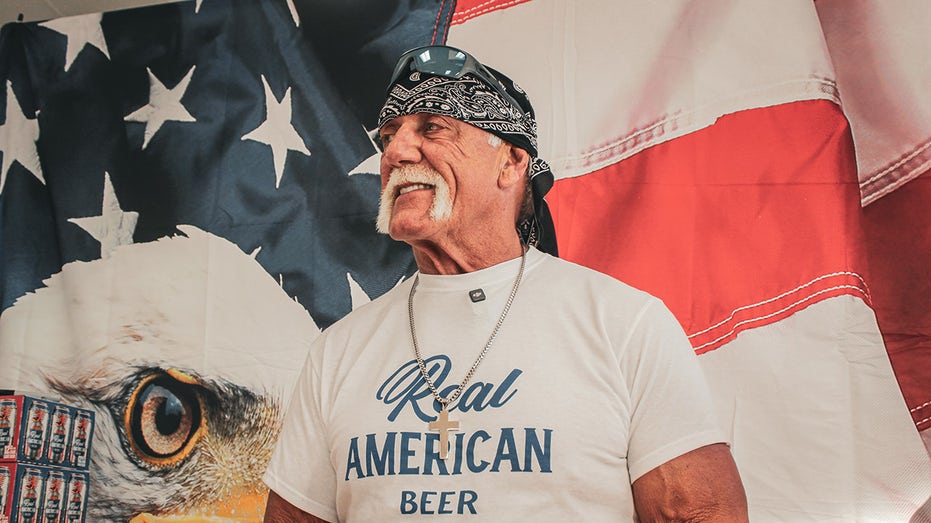
Hogan leaned into his authentic persona.
“The red-and-yellow, larger-than-life patriot wasn’t just a gimmick. It was an exaggerated version of himself that people could instantly recognize and rally behind. He understood that brand equity is rooted in familiarity and emotion,” Evans said.
He was also able to maintain brand consistency, whether it was with his reality TV show, merchandise or endorsements, which “built trust and allowed his brand to span generations,” Evans added.
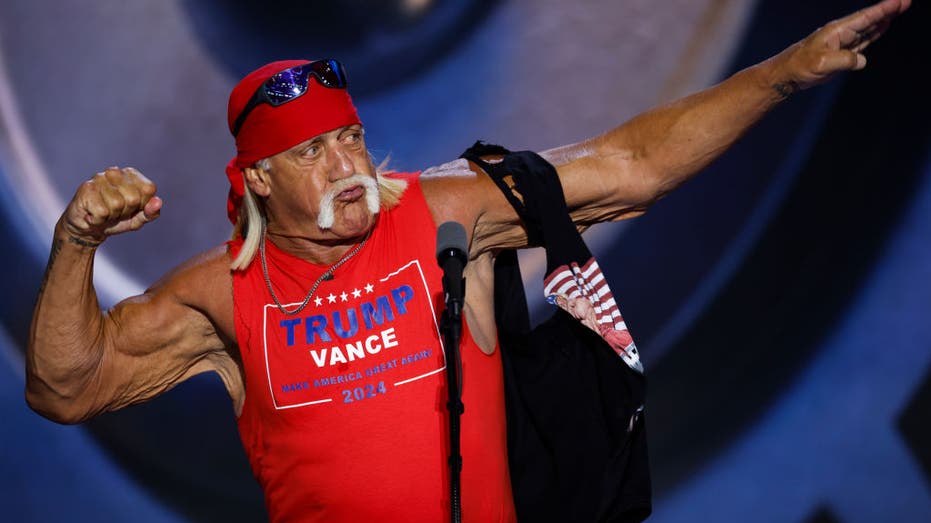
He also became a familiar face during the 2024 presidential campaign, stumping for Donald Trump.
He also embraced brand extension from restaurants to licensing deals, according to Evans.
“Hogan diversified income streams while staying within his identity. Unlike others who chase relevance by rebranding, Hogan monetized his legacy by doubling down on it.”
Read the full article here
